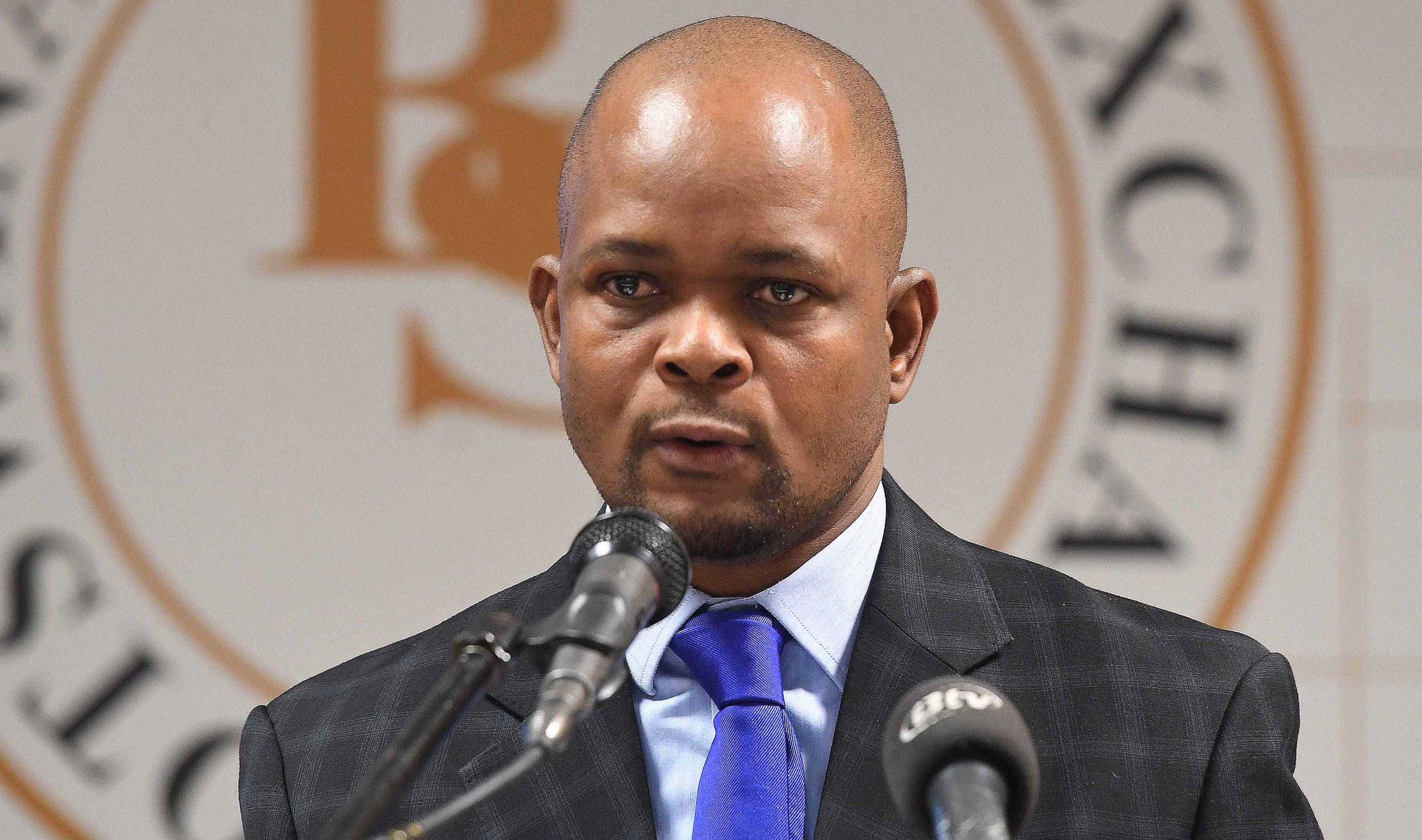- BSE hit by listings drought
- Gov’t bonds continued to dominate market liquidity
TLOTLO KEBINAKGABO
As a result of uncertainties brought about by the general elections in 2019, the Botswana Stock Exchange (BSE) did not record a single listing, Chief Executive Officer (CEO) Thapelo Tsheole said in his latest annual report.
According to Tsheole, this happened for the first time since 2009. He was appointed substantively as CEO in 2015. Since then, the BSE has seen listings rise significantly, as did trading activity on the domestic bourse.
In BSE’s annual report for 2019. Tsheole says investors were usually skeptical in an election year and would rather wait for the election outcome. Inevitably, when that happened in Botswana in 2019, it affected investments and listings on the BSE.
“ Investors would understandably sit on the sidelines until they are assured of a peaceful transition of leadership and subsequent policy stance of the incumbent government,” he says. Thankfully, he notes, stability triumphed in the elections and with this triumph came confidence and certainty in policy direction, which has re-energized activity in the capital markets.
The BSE is Botswana’s sole stock exchange that has the responsibility to operate and regulate the securities market. It is an affiliate of the World Federation of Exchanges (WFE).
As at December 2019, there were 33 listed companies on the BSE, 25 of which were domestic companies and eight foreign companies across the various boards. These companies represent a wide range of economic sectors, among them agriculture, banking, financial services, tourism and wholesaling and retailing.
The exchange’s domestic companies’ market capitalisation stood at P38.7 billion at the end of 2019 in comparison to P42.4 billion in 2018, which is notable decrease of P3.5 billion (8.7 percent). As a result, the ratio of domestic market capitalisation to GDP decreased to 21.1 percent in 2019 from 23.8 percent in 2018. Conversely, the ratio of turnover to market capitalisation slightly increased from 4.3 percent in 2018 to 4.5 percent in 2019.
The bond market dropped slightly in the year under review, compared to 2018. The value of bonds traded declined by 2.1 percent from P2.2 billion in 2018 to P2.1 billion in 2019. According to the BSE, the government bonds continued to dominate market liquidity, accounting for 98.4 percent of total trades. The BSE listed five new bonds in 2019, compared to 10 bonds in 2018.
The BSE Bond Index Series (BBIS) has a series of four bond indices – Composite Bond Index (BBI), Government Bond Index (GovI), Corporate Bond Index (CorpI) and Composite Fixed Rate Bond Index (BBIFixed). The indices aggregate the performance of the bond market in terms of the daily returns arising from price movements and interest accrued.
During the year under review, the BBI appreciated by 4.5 percent wheereas the GovI and CorpI registered returns of 3.6 percent and 7.2 percent respectively. The BBIFixed returned 4.1 percent in 2019 while inflation averaged 2.8 percent in 2019. During the year, inflation predominantly registered below the Bank of Botswana’s objective range of 3-6 percent and ended the year at 2.2percent.




